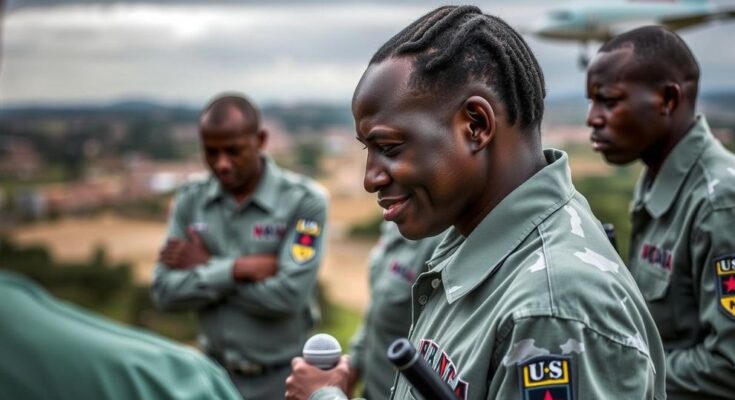Ugandan troops have been deployed in eastern DRC for three years to combat the ADF, achieving mixed results. Allegations of Uganda supporting the M23 rebel group amidst its operations raise questions about its intent. The ADF continues to pose a serious threat, with its activities expanding, while Uganda’s interests in trade and security complicate its military objectives.
Three years since the deployment of Ugandan troops in eastern Democratic Republic of Congo (DRC) to combat the Allied Democratic Forces (ADF), linked to Islamic State, the operation’s efficacy has come under scrutiny. While initially curtailing the ADF’s stronghold, accusations of Uganda covertly supporting the rival M23 rebel group have emerged, casting doubt on its commitment to neutralizing the ADF. Operation Shujaa, a joint effort between Uganda and Congolese forces, has made strides, such as lifting curfews and reopening schools in previously volatile regions. However, the ADF remains a lethal entity, having extended its operations into new areas, thereby constituting a significant security threat. Critics suggest that Uganda may be more focused on safeguarding its economic interests in the region than on completely eradicating the ADF. As Uganda navigates complex geopolitical dynamics, including its relations with Rwanda and the DRC, its strategy appears to prioritize national interests above comprehensive peace efforts.
Uganda’s military intervention in the DRC, specifically through Operation Shujaa, was aimed at combating the ADF, one of the region’s deadliest armed groups. The ADF has been responsible for numerous attacks and civilian casualties, prompting urgent international and governmental action. However, regional dynamics complicate the mission, particularly with insights into potential Ugandan support for the M23 rebel group, which has troubled relations with the DRC. This intersection of security and economic interests significantly influences Uganda’s operations in the region.
In conclusion, Uganda’s military mission in the DRC illustrates the complexities of regional security interventions where economic motives entwine with humanitarian goals. Despite initial military successes, the enduring presence of the ADF and allegations of duplicity in Uganda’s dealings with rebel factions exemplify the challenges in ensuring genuine stability. As these dynamics evolve, Ugandan leadership must navigate between securing national interests and establishing trustworthy relations with neighboring countries.
Original Source: www.rfi.fr




